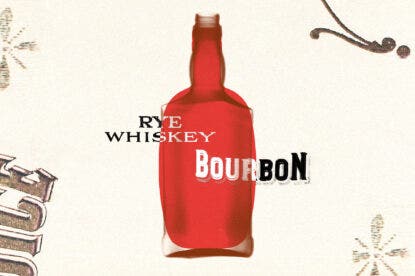It’s an excellent time to drink Australian Chardonnay. While the style metronome has tick-tocked historically between ripe, oaky examples and lean, austere versions, modern Aussie “Chardy,” which ranges from vibrant, crisp and saline to textured, fleshy and toasty, seems to have found its perfect beat.
Chardonnay grows happily across Australia. The most celebrated vineyards, however, are in moderate to cool regions with either a heavy maritime influence, like Tasmania, Victoria’s Yarra Valley and Mornington Peninsula, and Western Australia’s Margaret River, or somewhat higher elevation, like the Canberra District and South Australia’s Adelaide Hills.
Bottlings from these areas tend toward freshness and delicate fruit. Those from warmer, more inland regions like South Australia’s Barossa and the Hunter Valley in New South Wales, meanwhile, can be rounder and fruitier.
But ultimately, Chardonnay is a winemaker’s grape. Though regional differences show, final style is dependent on vinification choices.
In an effort to highlight freshness, Aussie Chard is now typically picked earlier, with less malolactic fermentation and new oak used than in the past.
Texture and flavor complexity are gained through techniques like fermentation with native yeasts and maturation on gross lees, using a combination of new and old French oak barrels of varying sizes.
Reductively made Chards have also become increasingly popular down under. Characterized by struck match and flinty aromas, they’re still being refined as Chardonnay’s style metronome ticks on.
Sample the variety
Ben Haines (Yarra Valley); $25. Highly textural, this is an energetic offering from a small producer in an exciting region.
Howard Park Miamup (Margaret River); $19. A fruity, punchy, affordable intro to the renowned Chardonnays of Australia’s west.
Nocton (Tasmania); $25. This is a bright, fruity and viscous selection from Australia’s most cool-climate wine region.
Ocean Eight Verve (Mornington Peninsula); $46. Fresh as a daisy, this selection showcases the salinity and pristine acidity of Mornington’s ultramaritime climate.
Schild Estate Unwooded (Barossa Valley); $17. A perfumed yet reined-in, unoaked Chard, this offers refreshing contrast to Barossa’s powerful reds.
Vintage Longbottom H (Adelaide Hills); $30. Full-bodied and food friendly, this highlights the bright fruit of the Adelaide Hills.
Published: March 22, 2021















